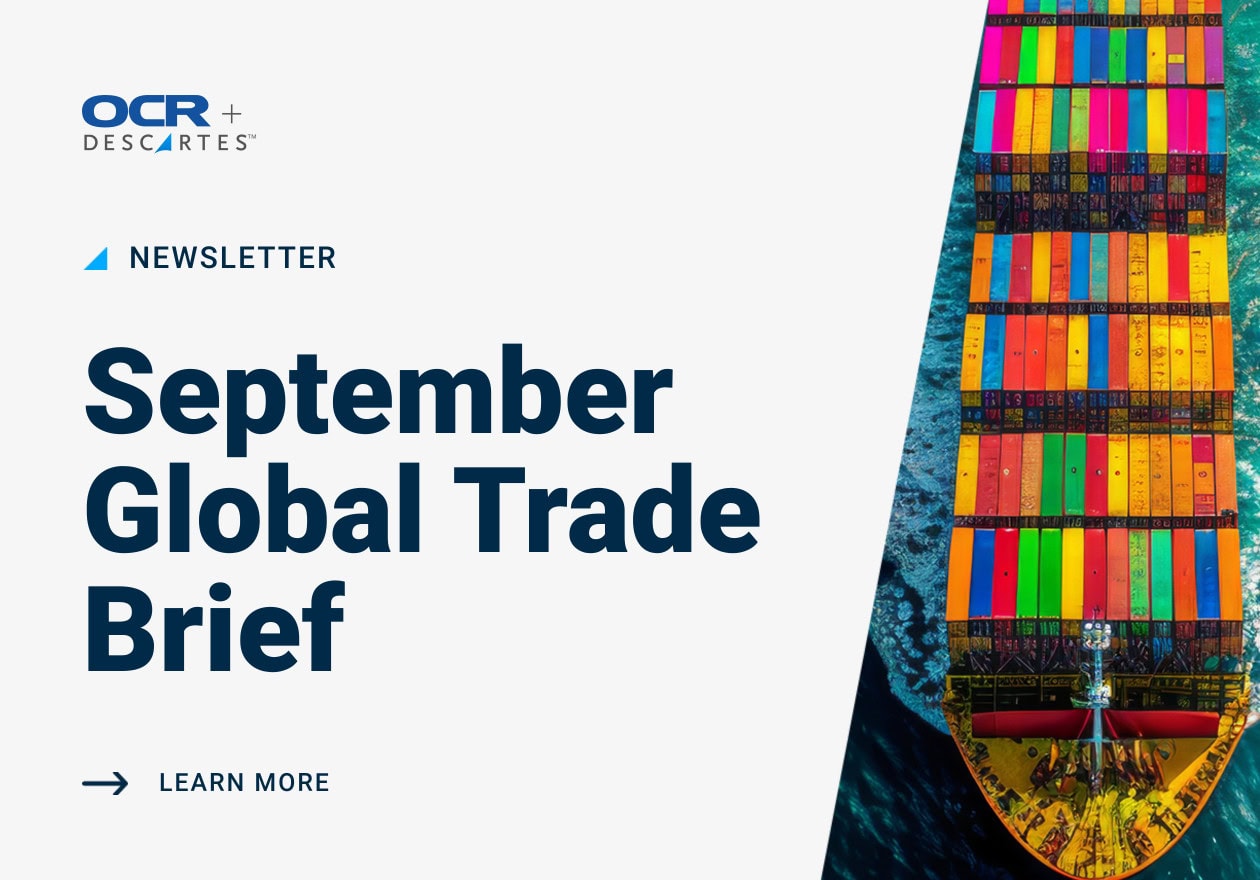| Year 1 | Year 2 | Year 3 | |
| First 1.2 million units of imported finished washers | 20% | 18% | 16% |
| All subsequent imports of finished washers | 50% | 45% | 40% |
| Tariff on covered parts | 50% | 45% | 40% |
| Covered parts excluded from tariff | 50,000 units | 70,000 units | 90,000 units |
For imports of solar cells and modules, the President approved applying safeguard tariffs for the next four years with the following terms:
| Year 1 | Year 2 | Year 3 | Year 4 | |
| Safeguard Tariff on Modules and Cells | 30% | 25% | 20% | 15% |
| Cells Exempted from Tariff | 2.5 gigawatts | 2.5 gigawatts | 2.5 gigawatts | 2.5 gigawatts |
INDIA JOINS CHEMICAL WEAPONS PARTS EXPORT CONTROL BLOC AUSTRALIA GROUP
India has joined the Australia Group (AG) on 19 January 2018 following the completion of internal procedures for joining the Group. The Australia Group decided to admit India as the Group’s 43rd Participant through a consensus decision.
India is now part of three of the four key export control groups in the world. The Australia Group, the Missile Technology Control Regime and the Wassenaar Arrangement.
The Australia Group: an informal bloc of countries that keeps a tight control over exports of substances used in the making of chemical weapons.
Missile Technology Control Regime: an informal and voluntary partnership among 35 countries that regulates trade in sensitive equipment and technologies to ensure there is no proliferation of missile and unmanned aerial vehicle technology capable of carrying payloads above 500kg for more than 300km.
Wassenaar Arrangement: which is also an informal grouping of 42 countries, exercising control over the export of dual-use goods and technologies.
The only export control group that India is not a part of is the elite Nuclear Suppliers Group (NSG), which controls the export of sensitive nuclear technologies and equipment, with the aim of preventing nuclear weapons’ proliferation.
EFFECTIVE FEBRUARY 15TH- FTZ ZONE OPERATOR BOND ON FILE IN ACE
Foreign Trade Zone operators are reminded to have their valid Type 4 bond on file in ACE, and to ensure that the Filer of e214s has the Operator’s correct Importer of Record (IOR) Number ID for declaration in the FT10 Record of the FTZ Admission transaction. CBP will stop suppressing the rejections for all zone admissions beginning February 15. If a valid Type 4 bond is not on file in ACE for the Operator’s IOR Number submitted, CBP will reject the FTZ admission transaction
EFFECTIVE FEBRUARY 24TH PROCESSING OF CERTAIN DRAWBACKS AND RECONCILIATION ENTRIES VIA ACE
As of February 24, 2018, ACE will be the sole CBP-authorized EDI system for processing drawback filings under part 181 (NAFTA drawback) and part 191 (non-TFTEA drawback) of Title 19 of the Code of Federal Regulations, and ACS will no longer be a CBP authorized EDI system for such purpose. Additionally, as of February 24, 2018, the modifications to the National Customs Automation Program (NCAP) test regarding reconciliation will become operational will become operational. As of the same date, the test will transition into ACE, and ACS will be decommissioned for the filing of reconciliation entries
U.S. HOUSE PASSES THE MISCELLANEOUS TARIFF BILL
The U.S. House of Representatives, January 16, 2018, passed H.R. 4318, the Miscellaneous Tariff Bill Act of 2018. The vote was 402 to 0 in favor of passage. With the House vote, the bill is being sent to the Senate for its consideration. According to a release from the House Ways and Means Committee, the bill would temporarily reduce tariffs on approximately 1,700 different products that are not otherwise available in the United States. This is the first miscellaneous tariff bill in seven years, since the last one expired in 2012.
CASE STUDIES
MHZ ELECTRONICS PAYS $10,000 IN CIVIL PENALTY AND UNDERGOES AN EXTERNAL AUDIT TO SETTLE EAR VIOLATIONS
Facts:
BIS alleged that on two occasions between on or about January 15, 2013, and on or about October 3, 2013, MHz Electronics engaged in conduct prohibited by the EAR when it exported pressure transducers, items subject to the EAR and classified under ECCN 2B230, to China and Taiwan without the BIS export licenses required pursuant to EAR § 742.3.
BIS further alleged that MHz Electronics did not have any program in place to ensure its compliance with U.S. export control laws or regulations. This failure occurred even though the U.S. Government, during a visit by FBI agents in October 2012, shortly before the first of the foregoing exports, expressed concern to MHz Electronics that a different item MHz Electronics was selling on eBay at the time would have required an export license if shipped to customers outside the United States. BIS alleged that MHz Electronics did not take any steps to begin implementing an export control compliance program of any sort until more than a year after the violations at issue took place, after an outreach visit by BIS Special Agents in February 2014 and after being served with an administrative subpoena by BIS in November 2014
Conclusion:
BIS has announced that MHz Electronics, Inc., of Phoenix, Arizona, as agreed to pay a $10,000 civil penalty and undergo an external audit to settle charges that it committed to violations of EAR § 764.2(a) (engaging in prohibited conduct).
NOTATIONS INC. SETTLES $1 MILLION CIVIL SUIT FOR FALSIFYING INVOICES
Facts:
Notations, Inc. (Notations) a garment wholesaler based in Warminster, Pennsylvania, with a showroom in New York, repeatedly ignored warning signs that its business partner, was engaged in a scheme to underpay customs duties owed on the imported garments it sold to Notations. Yingshun Garments, Inc. (Yinghsun), an importer of women’s apparel manufactured in China, and Import Global Designs Inc. (Import Global) and Olgrem, LLC (“Olgrem”), successor entities to Yingshun, and Marie Rogers, an owner and/or officer of each entity, engaged in a double-invoice scheme whereby Yingshun (and later Import Global and Olgrem) presented false and fraudulent invoices to CBP, showing prices for imported garments that were discounted by 75 percent or more, for the purpose of avoiding customs duties on the garments. Notations, which was Yingshun’s biggest customer, aided the fraudulent scheme by ignoring warning signs that Yingshun’s irregular business practices were highly suggestive of fraud
Conclusion:
Pursuant to an investigation led by U.S. Immigration and Customs Enforcement (ICE) Homeland Security Investigations (HSI) New York, and U.S. Customs and Border Protection (CBP), Notations, has settled civil fraud claims brought under the False Claims Act. Pursuant to the settlement, Notations admits and accepts responsibility for failing to act in response to indications of fraudulent conduct, agrees to pay $1 million in damages, and agrees to implement measures designed to prevent future fraud by Notations or its business partners. Notations also admits and accepts responsibility for its failure to act in response to multiple warning signs that Yingshun, Import Global and Olgrem were undervaluing their imported goods and therefore paying less in import duties than they should have been paying. Notations also has agreed to implement a written compliance policy which will include measures to educate its employees on identifying red flags for fraud in import transactions, to monitor the conduct of its business partners who act as importers of overseas goods and to report all potentially fraudulent conduct to CBP.
HOME FURNISHINGS RESOURCE GROUP INC. AGREES TO PAY $500,000 TO SETTLE FALSE CLAIMS ACT ALLEGATIONS RELATING TO EVADED CUSTOMS DUTIES
Facts:
Home Furnishings Resource Group Inc. (HFRG), which operates under the name Function First Furniture, imports, among other things, bedroom furniture that is sold for use in university student housing. The company is headquartered in Hermitage, Tennessee. HFRG evaded antidumping duties owed on wooden bedroom furniture that the company imported from the PRC between 2009 and 2014, by misclassifying the furniture as non-bedroom furniture on its official import documents. Antidumping duties protect against foreign companies “dumping” products on the U.S. market at prices below cost. The Department of Commerce assesses, and the U.S. Department of Homeland Security’s Customs and Border Protection (CBP) collects, these duties to protect U.S. businesses and level the playing field for domestic products. Imports of PRC-made wooden bedroom furniture have been subject to antidumping duties since 2004. At the time of the alleged conduct in this case, wooden bedroom furniture from the PRC was subject to a 216 percent antidumping duty; non-bedroom furniture was not subject to any antidumping duty.
Conclusion:
(HFRG) has agreed to pay $500,000 to resolve allegations that it violated the False Claims Act by making false statements on customs declarations to avoid paying antidumping duties on wooden bedroom furniture imported from the People’s Republic of China (PRC).



